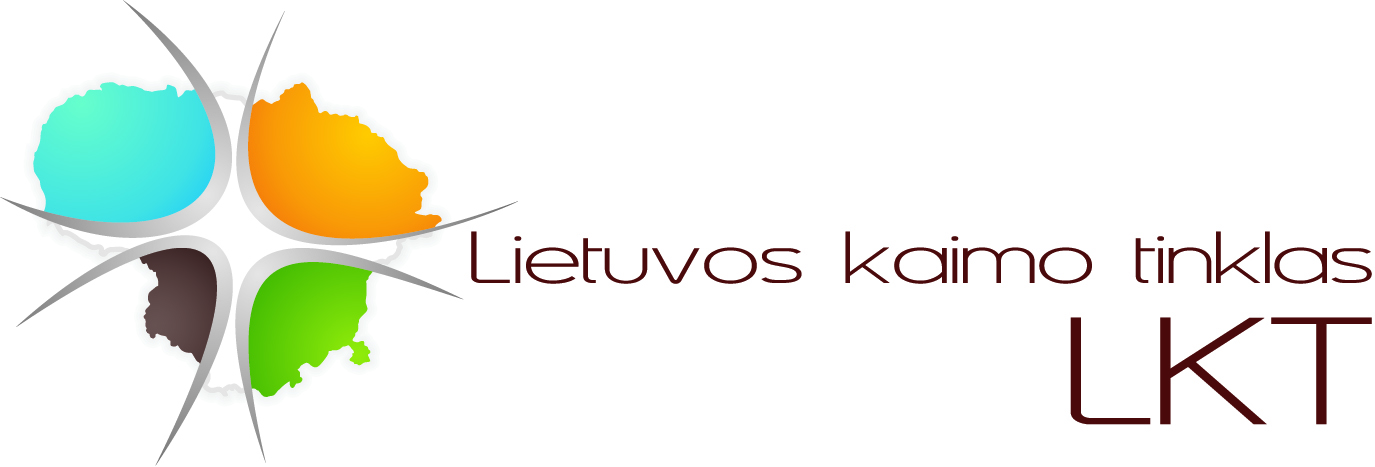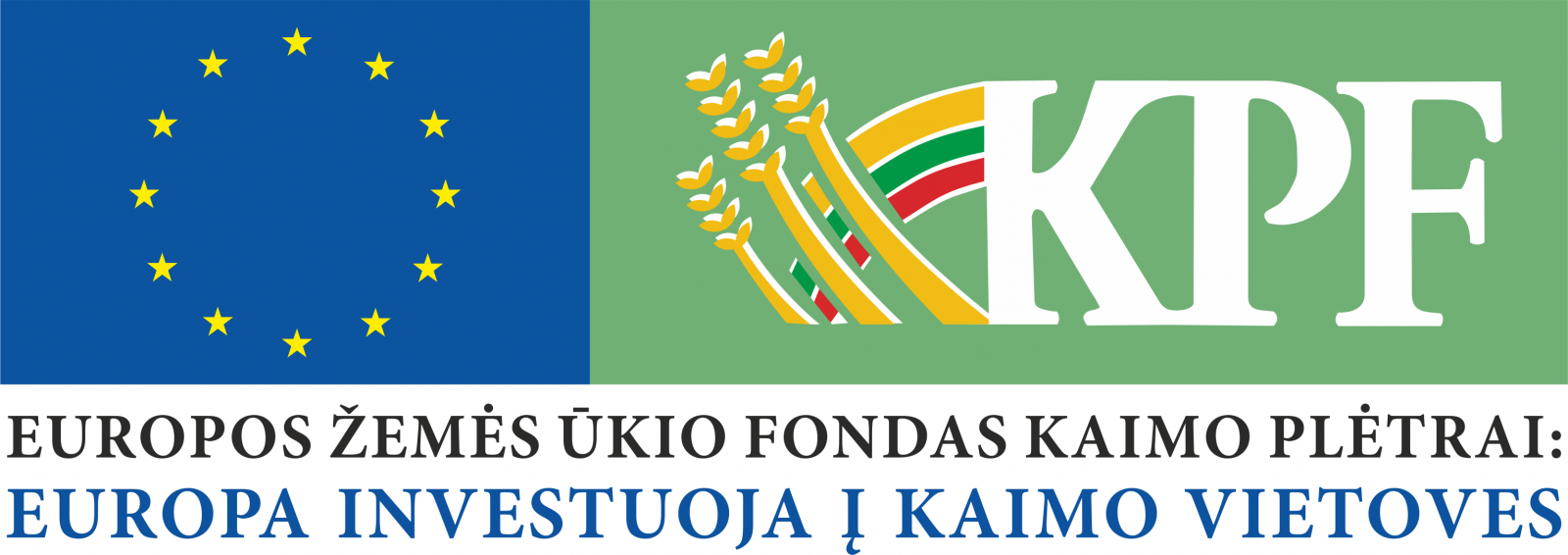Project objective is to develop the waterways network in Latvia and Lithuania by further expanding existing cross-border tourism product riverways.eu through designing of a network of lakes for recreational activities and rivers for kayaking in whole Programme area. Through cross-border cooperation, it will result with joint comprehensive information of water tourism based activities in lakes and rivers on www.riverways.eu, covering full customer journey. “Safe&Green” concept will facilitate safe and nature friendly tourism and decrease unexpected anthropogenic load on natures resources used for tourism, as well as contribute to more responsible and educated travellers’ society. 6 recreational sites near waters will be developed, contributing to the accessible nature resources for water-based activities.
.png)
The overall project objective is enhancing the role of military heritage tourism in economic development by extending the Baltic military heritage tourism product in Lithuania and South Latvia.
.png)
Sustainable tourism, hospitality development requires informed participation of all relevant stakeholders, as well as strong political leadership to ensure wide participation and consensus building. Hospitality sector will be more sustainable through SMEs and their ecosystem’s circular movements. Circular SME Scan in Hospitality (CSS-H) increases and encourages joint action across the value chain by providing tools and materials for increased circularity cooperation across the whole chain.
.png)
The aim of the BASCIL project is to develop culinary tourism services in rural areas of the Baltic Sea region and to improve the resilience of local food producers through the diversification of their business activities in the field of the tourism sector.
This European Green Belt project is the basis for improving environmental education and public awareness, increasing tourists' understanding of the Green Belt region as oriented towards ecotourism in Lithuania.
.png)
By increasing the popularity of green (ecological) and gastronomic tourism services and products in rural areas, the communication project of the Lithuanian Rural Network "The role of rural tourism in rural development processes - promotion of green tourism and local food culture" will aim to activate the development of these products and services and the development of regions.


CORDIALIS project is funded under Erasmus+ program and will be developed by 4 partners in 4 European countries (France, Italy, Finland and Lithuania). During the project implementation we will create an international learning tool that will be freely accessible to everyone on the internet.
.png)
„EU4Business: Connecting Companies“ project: Connecting in Agritourism: Build BSO partnership and promote cooperation between Lithuania and Georgia - AGRICONT.
LCTA and GFA in the framework of this project, stem from the aspiration to improve the conditions in the industry of agritourism in Lithuania and Georgia through assembling applicable BSOs that are driven with mutual purpose. The focal objective is to increase the capacity of the Lithuanian and Georgian BSOs, offering services and guidance to the representatives of agritourism industry and also, through twinning of the involved parties, strengthen their organizational capacity and representation in the countries of their origin.
During this project the Forest Trail in Latvia and Lithuania, and The Baltic Coastal Hiking Route in Lithuania will be developed and promoted. Both will link with the existing long distance hiking trails in Latvia and Estonia filling the gap in long distance hiking trail network. Common trail titles and marking systems will be used.

Thematic specific training is planned during the project, which will help to improve the efficiency and smoothness of work with clients, increase the efficiency of employees of the participating companies, increase productivity, sales, employees will acquire or improve their knowledge and professional skills, significantly increase their competence. It will strengthen their market position, make them more competitive, more demanding in the labor market and ensure their professional mobility.

Implemented projects
Project “Role of Rural Tourism in Rural Development Processes - Promotion of Local Food and Educational Activities” aims to promote cooperation between rural service providers, popularize local food idea, organize educational activities and develop competitive agrotourism products, national heritage, open farms and their activities, taking advantage of the support provided by the Rural Development Program.
.jpg)
.png)
Local food producers and farmers in Baltic Sea region (BSR) rural areas are mainly small family businesses, who prefer to organize the sales through face-to-face contact and by phone. The market area of local food producers is usually their own home region. In many regions they have established local food networks to cooperate for marketing and information exchange.
Local food nets in BSR region have highlighted the need for cost-efficient distribution solutions for delivering food products from farms to local restaurants/tourism farms/shops/industries.
STORIE project is funded under Erasmus+ program and will be developed by 7 partners in 5 European countries (Hungary, Croatia, Spain, Cyprus and Lithuania). During STORIE project implementation we will create an international learning tool that will be freely accessible to everyone on the internet. The aim of this project and partners is to improve the competitiveness of small rural companies by developing their skills and capacities to design and promote sustainable tourism products based on intangible cultural heritage.
.jpg)
The goal of the Project is to increase the awareness and popularity of Lithuanian local crafts.
The Project aims to publicize the Lithuanian traditional crafts and UNESCO heritage to promote the awareness of tourism products and services at home and abroad through e-marketing measures. Text, video and photo material about 30 objects of local crafts and 7 UNESCO objects will be created and systematized during the Project.

Project "Innovations for Rural Tourism Business" will help to implement innovative activities for the development and improvement of rural tourism services, marketing and training of employees in the tourism sector. Implemented website improvement measures will facilitate the integrated presentation and direct ordering of rural tourism services. The strengthened brand "Atostogos kaime" will improve the position of the association and its members in the market, the availability and attractiveness of quality rural tourism services. With the training of employees in the rural tourism sector, innovative entrepreneurs will become more competitive in the accommodation market, will be able to create, implement and use innovations.
.png)

Project goal is to build and promote a sustainable cross-border heritage based agritourism product covering all programme area in Latvia and Lithuania, in order to preserve cultural heritage, develop and promote cultural heritage based services and products to increase the number of visitors in the programm area.
The product will represent open farms where visitors can see and experience rural heritage in attractive way through farm visits, guided excursions and master classes to demonstrate heritage in todays life (bread baking, pottery etc.), tourism accommodation, interactive museum collections, product tasting, farm shops.


The project aims to answer to the challenge of developing transversal skills, especially those related to the instruments of the information technology in the field of tourism and in particular for small and medium size business that often do not possess the necessary skills and resources to set up or improve their identity and presence in the internet.
Project results are all aimed to be developed, tested and assess in order to provide rural tourism business and services owners, with the necessary instrument to develop their web-marketing strategy.

The aim of the project: Developing the Culinary Routes network in the countries surrounding the Baltic Sea in order to strengthen the identity and the feeling of belonging together as well as to preserve the vitality of rural regions.

To develop rural tourism that is targeted on seniors, project partners have created several steps: set specific criteria for rural tourism hospitality services and destinations to receive Seniors, complimented by Guidelines for rural tourism businesses on the preparation of products that are appropriate to senior needs.
